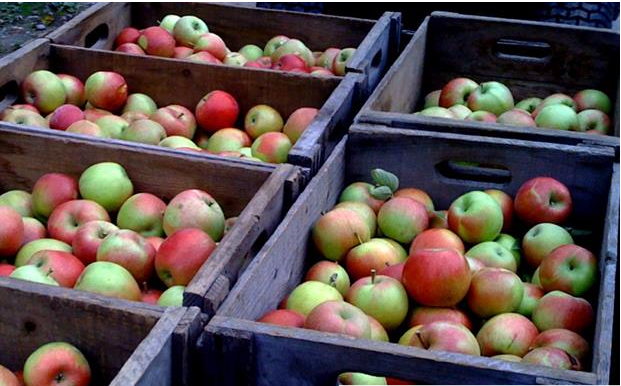
Future farm payments should be used to encourage arable farmers to diversify into horticulture in a bid to reduce trade deficits and encourage healthier eating, claims an expert in rural policy.
Michael Winter, professor of land economy and society at Exeter University said the UK faced a diet-related health crisis unless more was done to encourage people to make better food choices.
But he said responding to the country’s nutritional needs could help improve the country’s health and offer farmers new business opportunities, provided they were given support to adapt their operations.
Delivering the inaugural Nuffield Farming Lecture in London, Professor Winter said previous farm policies had become too focused on encouraging farmers to produce commodities.
“We need to deliver a strategy that’s about food and nutrition, as well as farming and environmental policy,” he told delegates.
“For farmers, this means more attention should be paid to the nutritional content of their products, on top of traditional concerns of safety, quality and provenance.”
To help farmers deliver on these nutritional goals, Prof Winter said it was vital they were properly supported through Brexit, and helped to respond to market opportunities.
He said horticulture could be a particular area for growth, given the multi-billion pound deficit the UK has in fruit and vegetable production and trade.
Looking at the food gap, horticultural production has to be at least trebled, which means farmers can move with a degree of confidence into that area. However they will need help. I’m not suggesting we go back to subsiding production, but we could have a new conversion scheme for horticulture to help arable farmers buy the new infrastructure they would need.
Prof Winter’s recommendations were part of a wider report supported by Nuffield which examined the UK’s food culture and the opportunities that changing it could offer to UK farmers.
The report recommends that more is done to encourage new entrants to farming, up-skill existing farmers, and find more ways to drive farm resilience. It also calls for stronger and shorter supply chains and for quality assurance schemes which place nutrition at their core.

